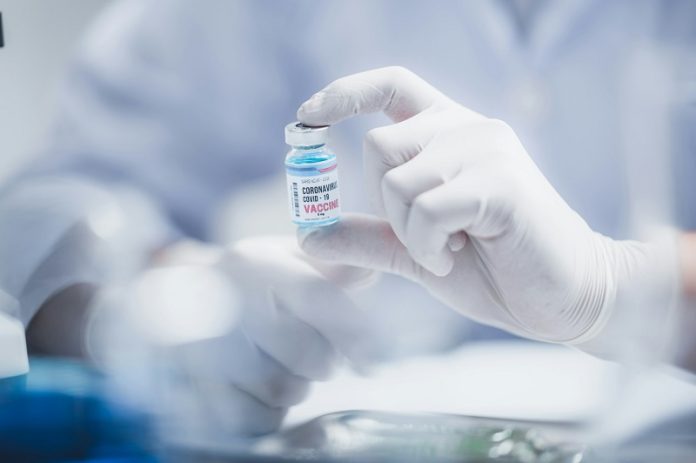
Researchers at Tulane University have found a promising new way to help people suffering from long COVID, particularly those dealing with high blood sugar levels.
This discovery could be a significant step forward in treating some of the lingering health issues faced by those who have recovered from COVID-19.
After recovering from COVID-19, many people continue to experience long-term health problems, a condition often referred to as long COVID.
One of the most troubling issues is persistent high blood sugar, known as hyperglycemia, which can lead to serious complications like diabetes and heart disease.
Finding ways to manage this has been a big challenge for doctors and researchers.
A new study, published in Nature Communications and conducted at the Tulane National Primate Research Center, suggests that the COVID-19 mRNA vaccine could be used as a treatment for high blood sugar in long COVID patients.
What’s particularly interesting is that the vaccine might still help even if it’s given days after someone has been infected with the virus.
The researchers used a nonhuman primate model to study long COVID and its impact on blood sugar levels.
They discovered that giving the COVID-19 vaccine just four days after infection had a lasting positive effect on blood sugar levels. This means the vaccine could potentially be used not only to prevent COVID-19 but also to treat some of the long-term complications that follow the infection.
The study also found that certain inflammatory molecules in the blood were linked to high blood sugar levels.
These changes in blood sugar seem to be related to how the liver stores glucose, even though the virus was no longer present in the liver or pancreas. This suggests that COVID-19 might trigger diabetes through new mechanisms involving inflammation.
“This research opens up a new frontier in our fight against COVID-19,” said Dr. Clovis Palmer, one of the lead authors of the study. “By showing that the vaccine can have therapeutic benefits even after infection, we can explore new strategies to help those suffering from long COVID.”
Dr. Jay Rappaport, co-author and director of the Tulane National Primate Research Center, added, “The discovery that COVID can induce diabetes in an animal model is a significant advancement in our understanding of the long-term effects of COVID.
The fact that a COVID vaccine given after infection can have protective effects highlights the importance of innovative research in addressing the ongoing challenges of a pandemic.”
This study offers hope that the COVID-19 vaccine could become a key tool in managing the lasting effects of the virus, particularly for those struggling with high blood sugar and other metabolic issues.
If you care about COVID, please read studies about vitamin D deficiency linked to severe COVID-19, death, and how diets could help manage post-COVID syndrome.
For more health information, please see recent studies about COVID infection and vaccination linked to heart disease, and results showing extracts from two wild plants can inhibit COVID-19 virus.



